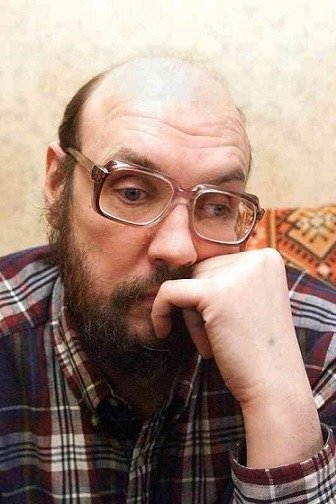
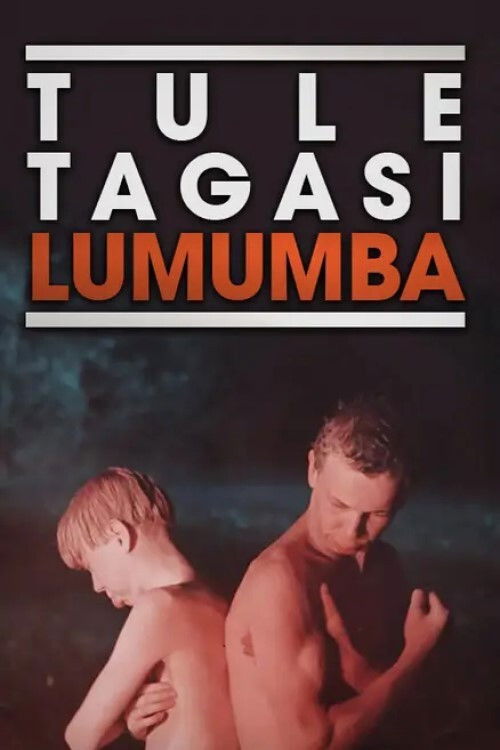
Aurora, the new head of the culture centre in a small Estonian town, and her ward, nicknamed Lumumba, change the lives of Rein and his father who are crushed with grief. Together with their friend Elsa, the boys decide to introduce Rein's father to Aurora in order to make them feel less lonely.

50s quiet Estonian town. After a long separation, two brothers met in their parents' house. The younger one, Ilmar, a formerly capable artist, has just been released under an amnesty from a camp where he ended up for some youthful prank. Older brother Alex, by nature a more reserved person who prefers to find compromise solutions, is the complete opposite of Ilmar. The meeting of the brothers develops into a conflict, complicated by the fact that Ilmar got in touch with repeat offenders in the camp, and now they are threatening him with violence.
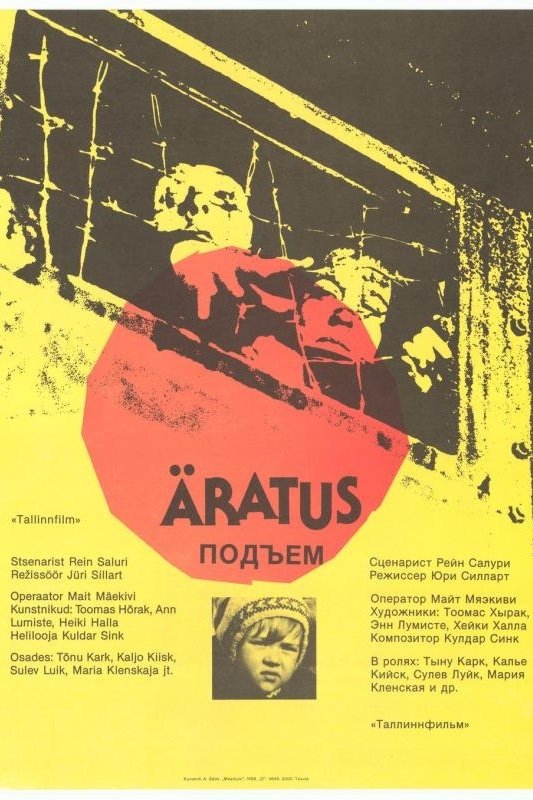
It is the night of March 25, 1949. A full moon hangs over Estonia. Endless rows of cattle cars are waiting to transport thousands of Estonian families, asleep in their homes, to Siberia. The Stalinist regime is ready to treat people like animals.
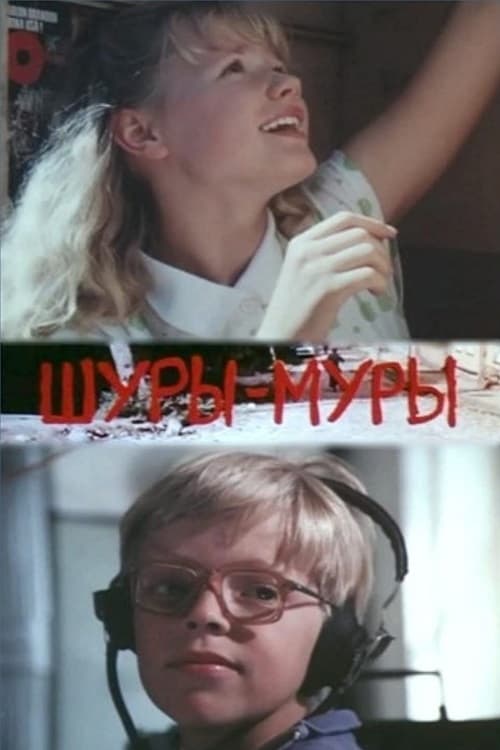
A heartfelt story about the borderlands of childhood, about a boy who is still a child, but who is touched by an inexplicable, barely discernible feeling of love. Ten-year-old boy Jaanus is in love with Eva, a girl a few years older than him, from whom he wants to buy a puppy. The puppy is like an unattainable dream, like a first love. Aare Tilga's debut film is based on Mart Kivastik's short story of the same name and was Tilga's diploma thesis at the Moscow Cinema Institute, supervised by Eldar Ryazanov.
Rich nephews and beautiful girls can not get married, especially when neither of them have actually seen each other.
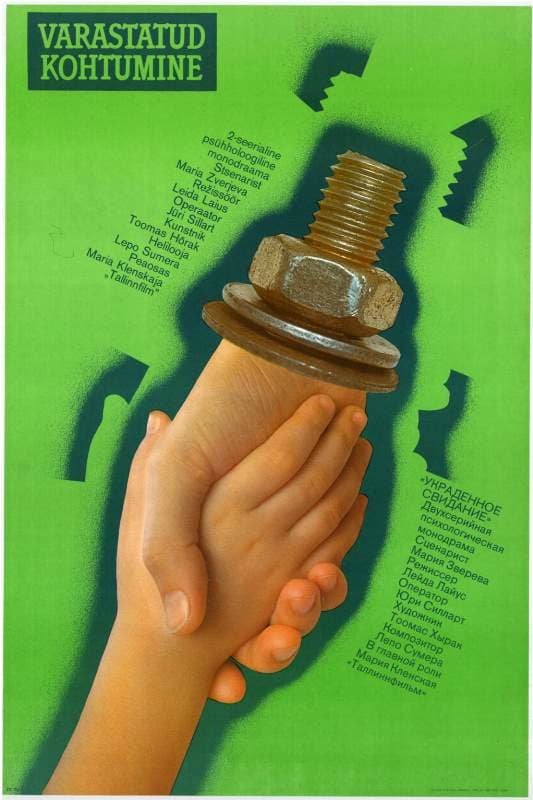
A mother released from a prison camp in Russia finds her son, but realises that reconciliation is impossible.
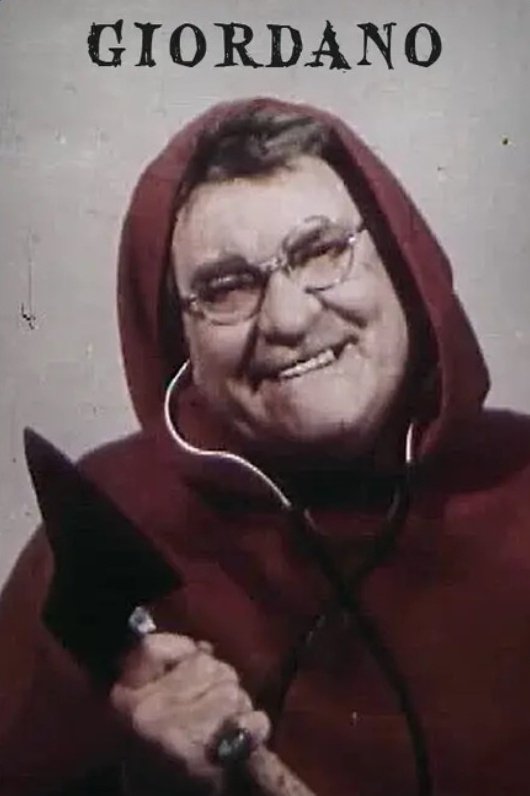
The protagonist of this satirical short is a photographer whose camera captures photos of people's true nature. We often have to ask ourselves whether we see the truth around us. But do we want to see it?
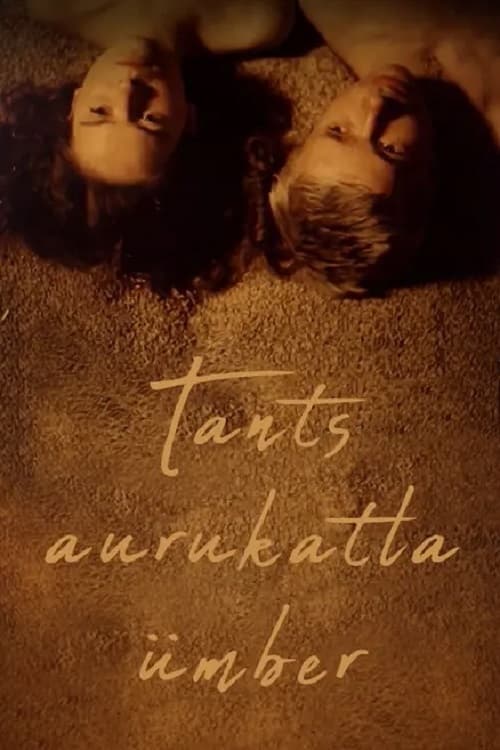
The movie travels through the 20th century by monitoring a steam boiler. We see the history of Estonia through life, agricultural work and people at different times.
Paul Poom (born June 20, 1958) is a former Estonian stage, film, television, and radio actor whose career began in the late 1970s and ended in 1993 after an assault left him permanently disabled. Paul Poom was born and raised in Tallinn, where he attended primary and secondary schools; he is a 1976 graduate of Tallinn 37th Secondary School. Afterward, he enrolled in the Tallinn State Conservatory's (now, the Estonian Academy of Music and Theatre) Performing Arts Department to study acting under course instructor Merle Karusoo, who instructed the course in the educational theory and practice of Soviet pedagogue Anton Makarenko. Poom's first stage role was as a boy who runs away from home in a 1978 production of Rein Saluri's 1977 play Poiste sõidud at the Estonian Drama Theatre, directed by Mikk Mikiver. Poom would reprise the role for a 1980 Eesti Televisioon (ETV) television play. Poom graduated in 1980; among his diploma productions were the roles of Semjon Karabanov and Perets in Makarenko Colony in 1979 at the Estonian State Youth Theatre (now, Tallinn City Theatre) which was adapted from the Anton Makarenko-penned 1933 novel The Pedagogical Poem, and Don Juan in the Molière-penned 1665 comedy Le Festin de Pierre in 1980 at the Estonian Drama Theatre in Tallinn (then known as the Viktor Kingissepp Tallinn State Drama Theatre) and the Ugala theatre in Viljandi. Graduating classmates of Poom's included actors Roman Baskin, Guido Kangur, Arvo Kukumägi, Ain Lutsepp, Anne Veesaar, and Ülle Kaljuste. Paul Poom's first feature film role was as Peeter Viksur in the Peeter Simm-directed historical agitprop drama Ideaalmaastik in 1980 for Tallinnfilm which takes place just after World War II on an Estonian collective farm. This was followed by a smaller role in the 1981 Veljo Käsper-directed melodrama Pihlakaväravad. Poom appeared in approximately twelve feature film roles. His most prominent roles in feature films include that of Peetrus in the 1983 Kaljo Kiisk-directed Nipernaadi, which was a film adaptation of the 1928 novel Toomas Nipernaadi by August Gailit; as Cown in the 1984 Tõnis Kask-directed drama Kaks paari ja üksindus; as Aadu Kaarjas in the 1988 Aare Tilk-directed short feature film comedy Giordano; as Lembit in the 1989 Leida Laius-directed drama Varastatud kohtumine; and as Valter in the 1990 Sulev Keedus-directed period drama film Ainus pühapäev. His last appearance in a feature film was in the 1994 Jüri Sillart-directed romantic drama Victoria (Ühe armastuse lugu), based on the 1898 novel Victoria by Knut Hamsun, and filmed prior to the 1993 assault that left him disabled.
By browsing this website, you accept our cookies policy.